Concrete palaces with exotic names, deafening music all around and tourists packed like sardines on the beach – that is what the Bulgarian Black Sea shore looks like today, especially for all-inclusive guests. However, this is not the end of the beauty along the 400-km-long coastline of this country.
Whoever looks for 24/7 parties with cheap alcohol may find those at Sunny Beach or Golden Sands. Then the one who seeks direct contact with nature can still find it in the few surviving undeveloped bays to the South. Camping sites are on their way to disappear, leaving place to hotels and holiday settlements on the dunes. However, the keenest camping fans still find some spots for their tents, following the example of their parents. 16-year-old Mia Yotova has recently returned from her first no-parent-involved holiday. Following the footsteps of her grandparents, mom and dad, she spent a camping fortnight. Although Arapya, once a piece of paradise some 70 km to the South of Burgas is not the place it used to be during Mia’s childhood, she still opted for a vacation with her friends there.
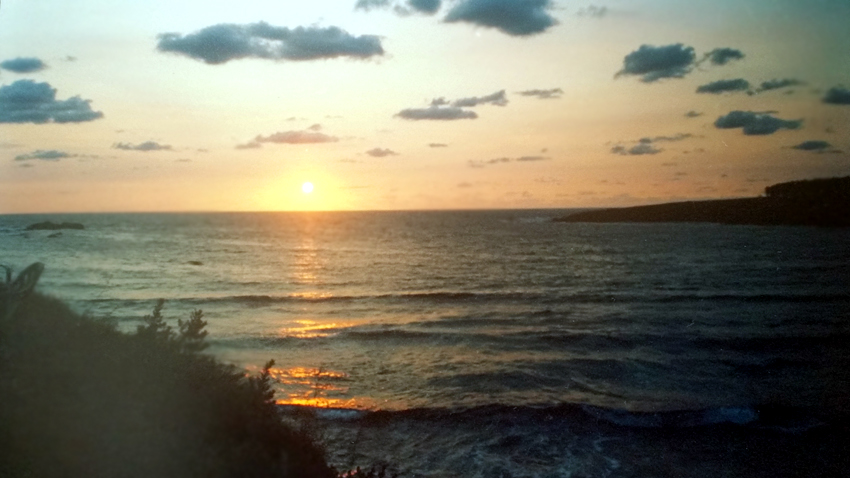
“In fact I grew up on the spot, so camping is a much more pleasant feeling for me than a hotel holiday. One feels free, closer to nature, appreciating small things. A friend of mine said once that he preferred stars on the hotel than above his head. To be honest, I feel sorry for him, as he will never know how beautiful it is to sit on the sand, watching the stars above. What is the point of moving out of the city and settling into another one on the shore?”
Mia’s grandparents were among the first tourists in the beautiful Arapya Bay, meaning a Black Cliff due to the rocks at its entrance. They stepped accidentally on the virgin spot back in 1962… and spent more than 40 years there. Granny Ekaterina recalls:
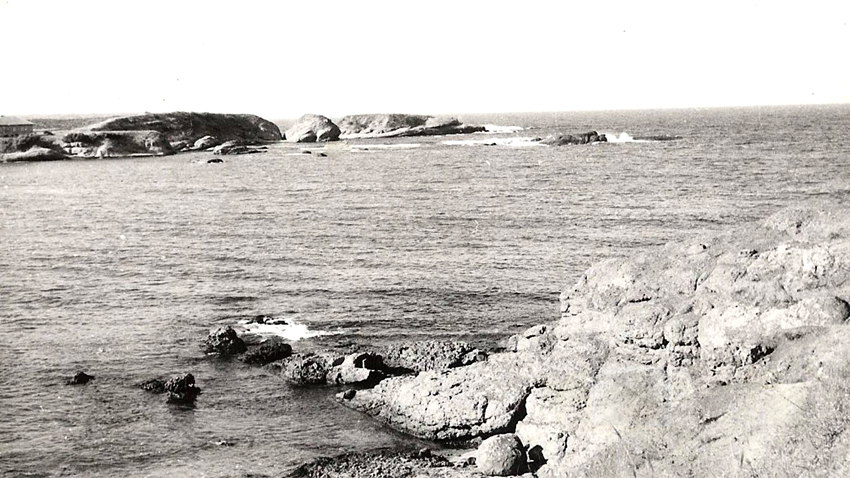
“There was not a single footprint in the sand. We stretched 5 – 6 tents that we had sewn on our own. We lit fire and fish was the main menu. The sea was so clean that there was plenty of fish. Besides that we could wash our dishes and even teeth with seawater…”
It is all impossible today. Any parent can tell you how hard it is to convince a kid to spend a holiday with no modern conveniences, to say nothing on missing WiFi. On the other hand Ekaterina Dimitrova and her friends spent decades of camping with their offspring, never thinking of the official resort centers which existed.
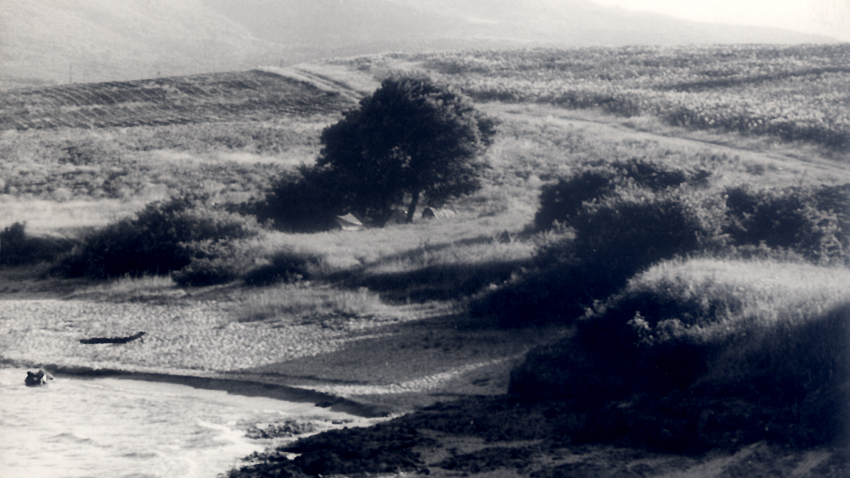
“Nobody wants to spend the holiday with his or her colleagues and we had many friends. Lots of people wondered about the primitive conditions, especially after our children were born. However, we simply put them to sleep inside the tents and the beach party in front of those continued. The kids were friends with each other, we organized masquerades and other fun events for them, so now we have beautiful memories from that time…”
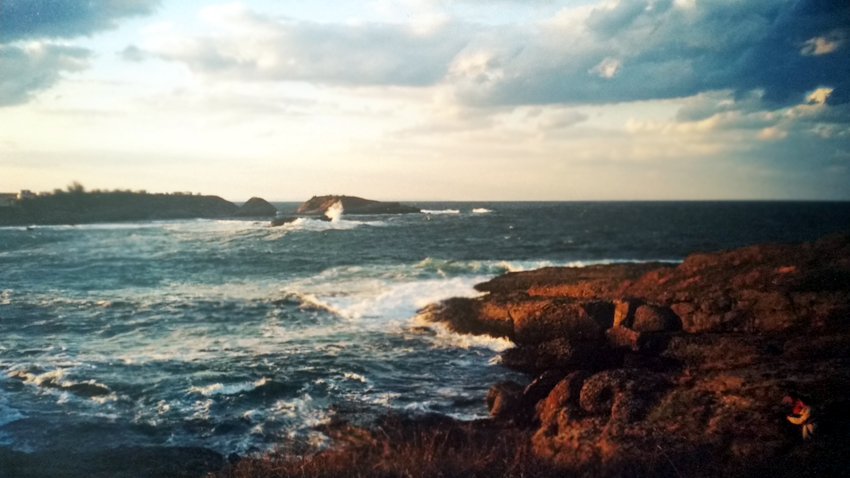
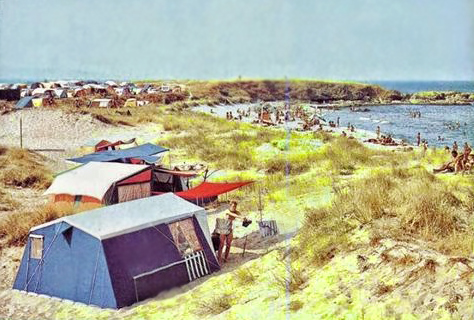 Teacher of German Iliana Georgieva is a representative of that middle camping generation. Her first steps into the German language took place exactly in Arapya with friends from the former German Democratic Republic.
Teacher of German Iliana Georgieva is a representative of that middle camping generation. Her first steps into the German language took place exactly in Arapya with friends from the former German Democratic Republic.
“Those people had camping facilities we couldn’t even dream of – chairs, gas stoves etc. We saw that as the West. It was a matter of honor to buy one of their tents upon their leaving. They most often travelled with Trabant – small plastic cars, full to the top. Some of those guys escaped the communist regime – we found empty tents and cars in the morning. They were all young people. Some of them got caught, some succeeded – and we were happy for having taken part in their dangerous and brave adventure. The spot was within the border area at that time and we enjoyed watching border patrols with full combat equipment in the evenings, while we were rolling naked on the beach. There are no Germans on Arapya nowadays, they have ceased their visits – after the fall of the Berlin Wall they saw new horizons…” teacher Iliana Georgieva says in conclusion.
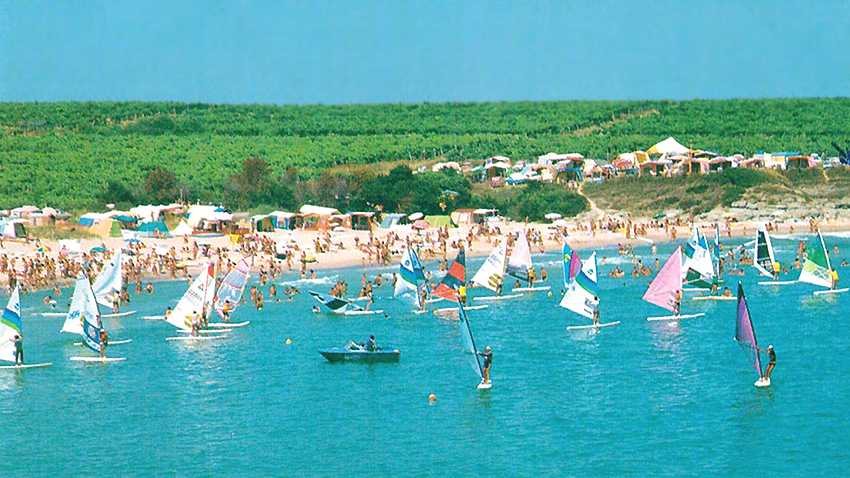
English version: ZhivkoStanchev
Photos: Vessela Vladkova and Dimitar StanchevTravelers planning a spring escape might want to consider Sofia, which has been named the top European capital for a road trip getaway this season, according to newsweek.ro, citing the website DiscoverCars.com. The ranking evaluates cities based on..
The only Museum of Glass in Bulgaria is in Beloslav, a small town on one of the arms of Varna Lake. It was here, in 1893, that the Mushalan brothers laid the foundations of glass-making in Bulgaria, as they founded the first glass factory – which has..
In the southwesternmost corner of Bulgaria, high in the Ograzhden Mountains, we find ourselves in a fairy-tale paradise – the magnetic village of Dolene. Everyone who comes here gasps in surprise, because the view is very unusual for most Bulgarian..
Travelers planning a spring escape might want to consider Sofia, which has been named the top European capital for a road trip getaway this season,..
The only Museum of Glass in Bulgaria is in Beloslav, a small town on one of the arms of Varna Lake. It was here, in 1893, that the Mushalan brothers..

+359 2 9336 661
